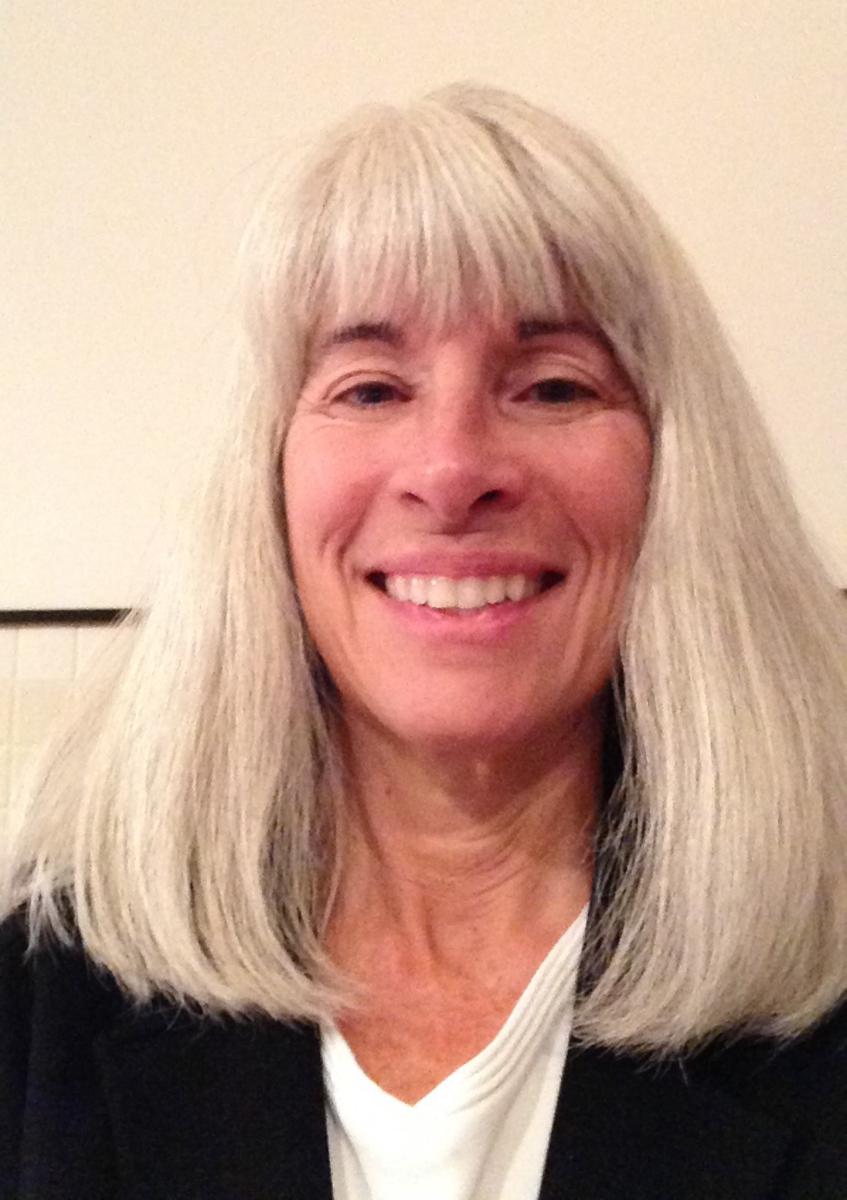
MHDI FACULTY SPOTLIGHT
Lisa Crockett Professor of Psychology
Date that you joined UNL: August 1996
Hometown: Media, PA
Describe your research and how it contributes to alleviating or understanding health disparities?
I have two lines of research relevant to health disparities. First, I am interested in differences in parenting within and across racial groups and how these differences are related to adolescent psychological adjustment and behavioral health. In this domain I have studied parental warmth and monitoring (knowledge of adolescents’ whereabouts and activities) and their associations with adolescent risk behaviors (e.g., substance use, delinquency) in different ethnic groups. I have also examined cross-ethnic equivalence of measures of parenting and depressive symptoms. Second, I am studying processes that predict psychological (e.g., depressive symptoms) and behavioral adjustment (e.g., risky behavior) among Latino/a adolescents. A focus of this line of research is to identify stressors that impair mental and behavioral health as well as cultural resources or mechanisms (e.g., familism values, ethnic identity) that may counteract or buffer the effects of these stressors.
These lines of research help elucidate processes affecting the health and well-being of racial-ethnic minority youth and highlight cultural factors that contribute to their resilience in the context of adversity or stress. This information can be used to inform interventions to reduce risky behaviors and mental health problems among minoritized youth.
What inspired you to study health disparities and/or your field of research?
I saw a presentation at UNL by George Knight on the issue of measurement equivalence between racial-ethnic groups. Intrigued, I decided to examine measurement equivalence and the linkages between parenting and adjustment across racial-ethnic groups in a national sample of adolescents and received NIH funding for the study. That launched my interest in ethnic groups and adjustment as well as the role of cultural factors. That interest subsequently grew through collaborations with colleagues at UNL who focused on Latino/a youth which led to other projects.
What advice would you give to incoming students (graduate or undergraduate) who are interested in studying health disparities?
There are great resources available at UNL for studying health disparities impacting diverse populations. These include MHDI and a growing number of faculty members. I would encourage students to take advantage of these resources and join research projects to get involved in research designed to expand our knowledge of diverse populations or to address health disparities. It is also critical that students read the literature on these issues critically, in light of their prior knowledge and lived experience, and to offer their unique insights into these populations. Students can bring fresh ideas and perspectives that enrich research projects, expand the knowledge base, and speed our progress to addressing health disparities. To increase their contributions, students can build their research and statistical (or clinical) skills which will equip them to investigate or address health disparities in their own careers.
What advice would you give to incoming faculty who are interested in health disparity research?
Again, take advantage of the many resources UNL offers concerning diversity and health disparities and seek out like-minded colleagues as research collaborators. Being at UNL and developing collaborations with researchers interested in minority youth was pivotal in my decision to study racial-ethnic minorities, and the number of UNL faculty members interested in various kinds of diversity has increased substantially since I began this work.
What would your colleagues/students be surprised to learn about you?
That’s a tough one. Maybe that I enjoy traveling internationally, being in nature, singing, and trying new recipes…not all at once, though.